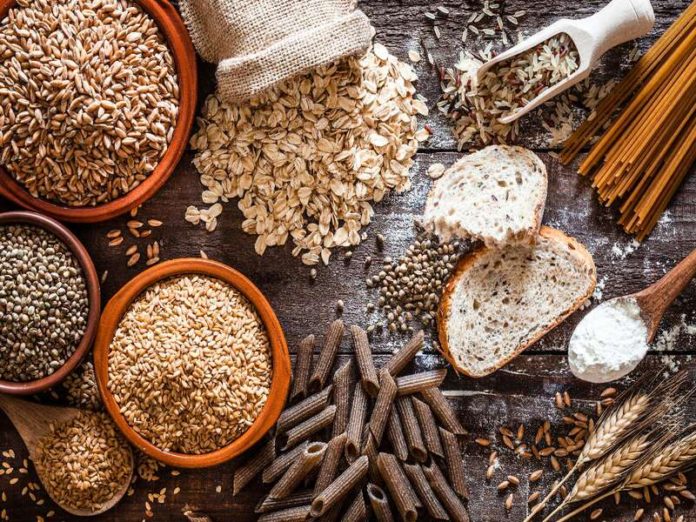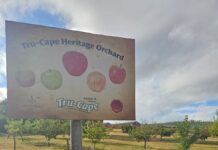Algeria is seeking self- sufficiency in grain. A decline in global oil prices and a spike in international food prices has triggered an agricultural policy change in in the country with a shift toward improving production as a way of diversifying its economy and reducing the country’s worsening international trade balance.
The drive to increase agricultural output has motivated the government’s promulgation of a new roadmap for growth of key agriculture sectors with emphasis on private sector investment in commercial farming, increasing acreage under essential crops, especially cereals, and improving on existing practices such as supplemental irrigation and utilization of farm inputs, particularly fertilizers and seeds.
But even before the September 2020 unveiling of the 2020-2024 agricultural roadmap that is part of the national economic revival plan, investors in Algeria’s grain sector already were taking advantage of opportunities provided under the new Finance Law to establish business ventures in the wheat, corn, soybeans and oilseeds value chains.
Investments
Furthermore, the agricultural sector roadmap provides a conducive environment for foreign investors willing to invest in Algeria’s agriculture, including retaining the 2008 provision for the investors who lease government land to farm for 40 years. The National Office for Agricultural Land was created to regulate access to state-owned land, estimated to be more than 2.5 million hectares.
During the 2020-21 marketing year, an estimated 3.5 million hectares will be under cereals production compared to 3.2 million the previous marketing year. International and local investors keen on Algeria’s grain sector can also rely on provisions in the Finance Law such as the business-friendly withholding tax rates, introduction of an e-filing system and the exempting of approved startups from professional activity tax, global income tax, and corporate income tax for at least 48 months.
Startups, including those in the sectors of wheat, soybean meal, corn, animal feed, pulses, agriculture equipment and grain storage facilities, will have an additional one-year extension of the exemption clause when their business permits come up for renewal as well as a VAT exemption and a reduced 5% customs duty rate on equipment acquired for investment ventures.
The Finance Law has exempted grain and feed products from the recent increase in VAT rates from 17% to 19%. Currently, Algeria’s Ministry of Agriculture subsidizes 50% of the cost of equipment used in irrigation and is involved in promoting the use of fertilizers and certified seeds, widespread specialized mechanization and modern storage infrastructure such as the construction of new silos.
In the drive to ramp up grain production, Algeria is laying emphasis on improved irrigation, expansion of land under cultivation, enhancing yields per hectare and reduction of the country’s food import bill, especially for wheat, corn and oilseeds that dominate the list of imported food products.
The US Department of Agriculture (USDA) estimates wheat production, largely driven by weather patterns, for the 2019-20 marketing year at 3.95 million tonnes, with a large share channeled to meet the country’s bread and couscous needs. The output is a mere 0.3% increase from 3.94 million tonnes the previous year.
During the second quarter of 2020, reports quoted Algeria’s Ministry of Agriculture indicating an estimated 2 million tonnes of durum and bread wheat having been harvested at the start of the April/May 2020 season.
The USDA estimates wheat output will decline 5.1% to 3.75 million tonnes in the 2020-21 period, even as Algeria’s acreage under the crop remains an estimated 2 million hectares. Other market reports, however, indicate Algeria’s overall agricultural sector grew 1.9% for the same period.








